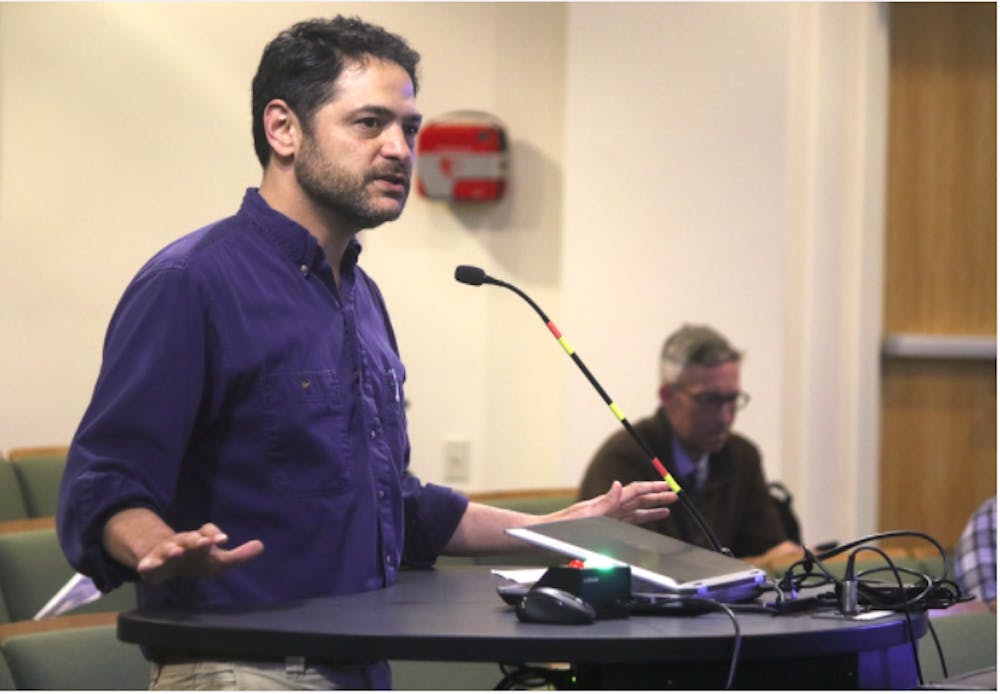Chapel Hill, a 200-year-old town filled with history and Carolina Blue, is in no way immune to the passage of time. In one decade, the Town has seen its own rise out of an economic downturn, multiple classes of college students, new businesses come and go and shifts in the cultural and political identities of the town’s residents.
Three town leaders discussed how they got into public service, what challenges the town has faced over the course of the decade and where the town might go next.
More residents and less business
Mark Kleinschmidt, Orange County clerk of court, joined the Chapel Hill Town Council in 2001, fresh out of law school. He had been involved in addressing issues with bike paths and other transportation methods, leading him to pursue the Council seat. He then sought and won the mayor’s office, holding the position from 2009 to 2015.
He came into the office seeing the growth pressures, especially coming out of the Great Recession. He said it was important that the Town responded to them in a healthy way.
“That meant preserving a sense of place," he said. "That didn’t ever mean that we had to preserve exactly what existed. We should work to accommodate change and growth but continue to preserve the uniqueness of the character of our community. I think we dealt with that pretty well.”
He said that in the early days of his term as mayor, because of the recession, there wasn’t much investment in businesses and other parts of the town. As a result, he and his team created a plan focused on creating transportation options and developing affordable housing, along with creating and maintaining the character of the town.
“I’m really proud of that process. We engaged over 10,000 people in that process, making it the most comprehensive plan ever created in the town’s history,” he said. “We really set ourselves on a good path.”
Another challenge Chapel Hill has seen was the relationship with the General Assembly, which Kleinschmidt said could have responded more to what the town wanted. He said Chapel Hill doesn’t necessarily have the same autonomy that larger cities might have, which led to some creative solutions.



